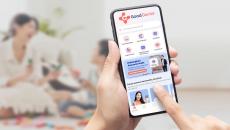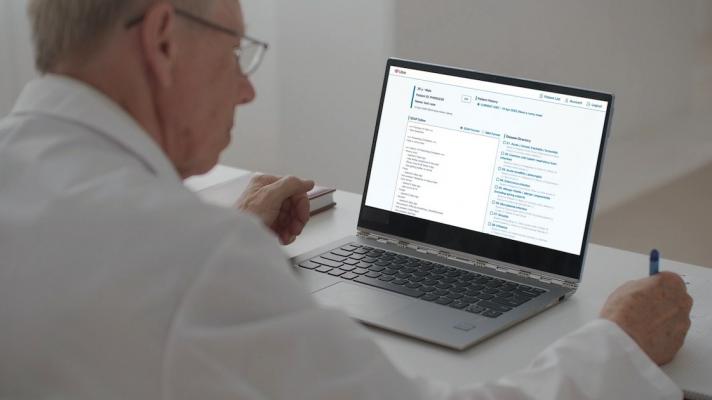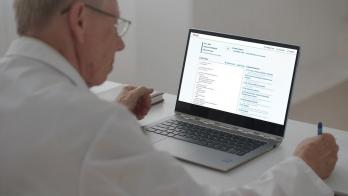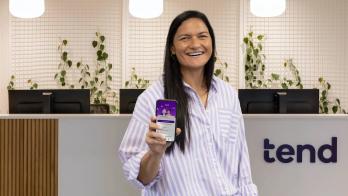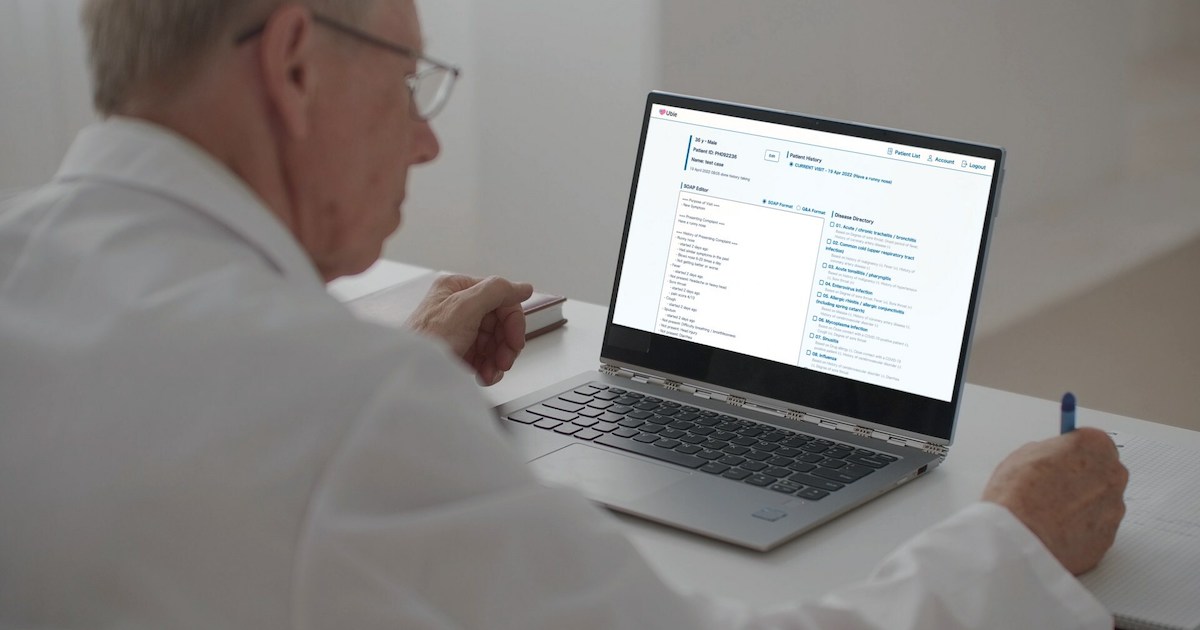
Photo courtesy of Ubie
A new generative AI tool has been made available to doctors in Japan that helps summarise long and detailed preliminary interviews of patients.
Japanese startup Ubie has recently launched a large-language model-based (LLM) feature on its AI-powered patient service platform.
HOW IT WORKS
The Medical Interview Summary Function is a new feature on the Ubie Medical Navi, a platform offering that replaces paper medical questionnaires with digital forms for patients. It is said that the service platform, which is currently only available to Japanese clinics and hospitals, can tailor preliminary interviews based on patient symptoms.
After answering 20-30 questions related to their symptoms and lifestyle habits on the digital form, the LLM-based feature automatically summarises them and presents the summary to the doctors.
To maintain the accuracy and reliability of this latest function, the original text before summarisation is used by default while a safety net allows for continuous reference to the original text during summarisation.
The summary feature is now available to all 1,500 healthcare professionals using the Ubie Medical Navi in over 47 prefectures in Japan without additional cost. It was developed with doctors through the Ubie Lab, the company's research arm. Established in July, the research organisation aims to develop reliable and safe generative AI tools for healthcare.
WHY IT MATTERS
Ubie developed the summary feature following feedback from busy doctors who wanted to "quickly and succinctly grasp" patients' concerns and symptoms. It takes much of their time to go through every item from preliminary interviews of patients on Ubie Medical Navi and prepare their notes.
Based on a trial with Ubie Medical Navi users, the LLM-driven feature has helped enhance both patient communication and operational efficiency. Ubie also noted user satisfaction which indicates continued use in the future.
"The [LLM-driven] summarised text is very easy to understand, and we are now able to grasp and communicate with patients more promptly than ever before. In the past, we had to selectively copy and paste text from Ubie into the [EMR]. Still, the time and effort required for this process have been greatly reduced, which is also helpful from the perspective of improving operational efficiency. Currently, we turn on the medical interview summary function for most of our medical examinations, and it has already become indispensable for us," one doctor user was cited as saying.
MARKET SNAPSHOT
The generative AI craze has also reached the healthcare industry in Asia-Pacific. For instance, Singapore's national health technology agency Synapxe is now working with Microsoft to enable the development of LLMs that assist healthcare professionals in the public sector.
A Malaysia and Singapore-based startup recently launched its generative AI tool that can translate medical jargon, health reports, and complex imaging into digestible visual content.
Meanwhile, medical AI startup AI4Rx in India came out recently with the MedBeat HealthConnect patient and doctor apps, which feature AI that generates summaries of patients' potential symptoms and diseases akin to Ubie's LLM-based offering.
ON THE RECORD
"Generative AI, including LLM, is rapidly being utilised in many industries and professions in Japan. [B]ecause of the innovative nature of the technology, a number of issues need to be sorted out, such as its reliability and ethical considerations. [Particularly] in the medical and healthcare fields, more careful use is currently required considering its impact on consumers and patients, privacy protection, medical ethics, and so on," Kota Kubo, co-founder and co-CEO of Ubie, told Mobihealth News.
"As a leader in the AI healthcare field, [we] will continue to use [our] experience and knowledge to safely and effectively harness generative AI on our platform. This way we can improve healthcare professionals' productivity and guide patients to the right care."



